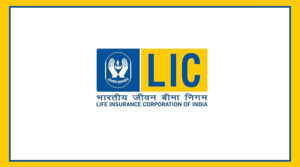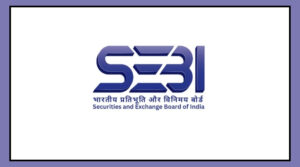The Financial Action Task Force (FATF) is considering implementing new disclosure standards for cross-border online transactions, which could increase compliance costs for banks and credit card companies.
FATF, an international organization dedicated to combating money laundering, plans to extend these rules to include credit cards and wire transfers.
Impact on Domestic and International Transactions
The proposed changes include real-time tracking of wire transfers, impacting both international and domestic transactions.
Finance Ministry sources highlighted that while India advocates for greater transparency, there is concern that these measures should not obstruct the fintech industry or complicate business operations.
Examination of the ‘Travel Rule’
FATF is also reviewing the implementation of the ‘Travel Rule,’ which aims to enhance the tracking of cross-border online transactions.
This new standard would require more detailed information beyond just the cardholder’s name and country, leading to higher operational costs for credit card companies and financial institutions.
Increased Compliance Costs
Sources from the Finance Ministry indicated that the adoption of these new standards would necessitate legal and procedural adjustments in multiple countries.
This is expected to raise compliance costs for credit card companies.
India will play a significant role in forthcoming discussions on this issue, with a major meeting scheduled in Mumbai next year.
The Reserve Bank of India (RBI) is also engaged in discussions to ensure that transparency improvements do not impede transaction speed due to heightened compliance costs.
FATF is also considering changes to standards for Financial Inclusion Accounts.
























